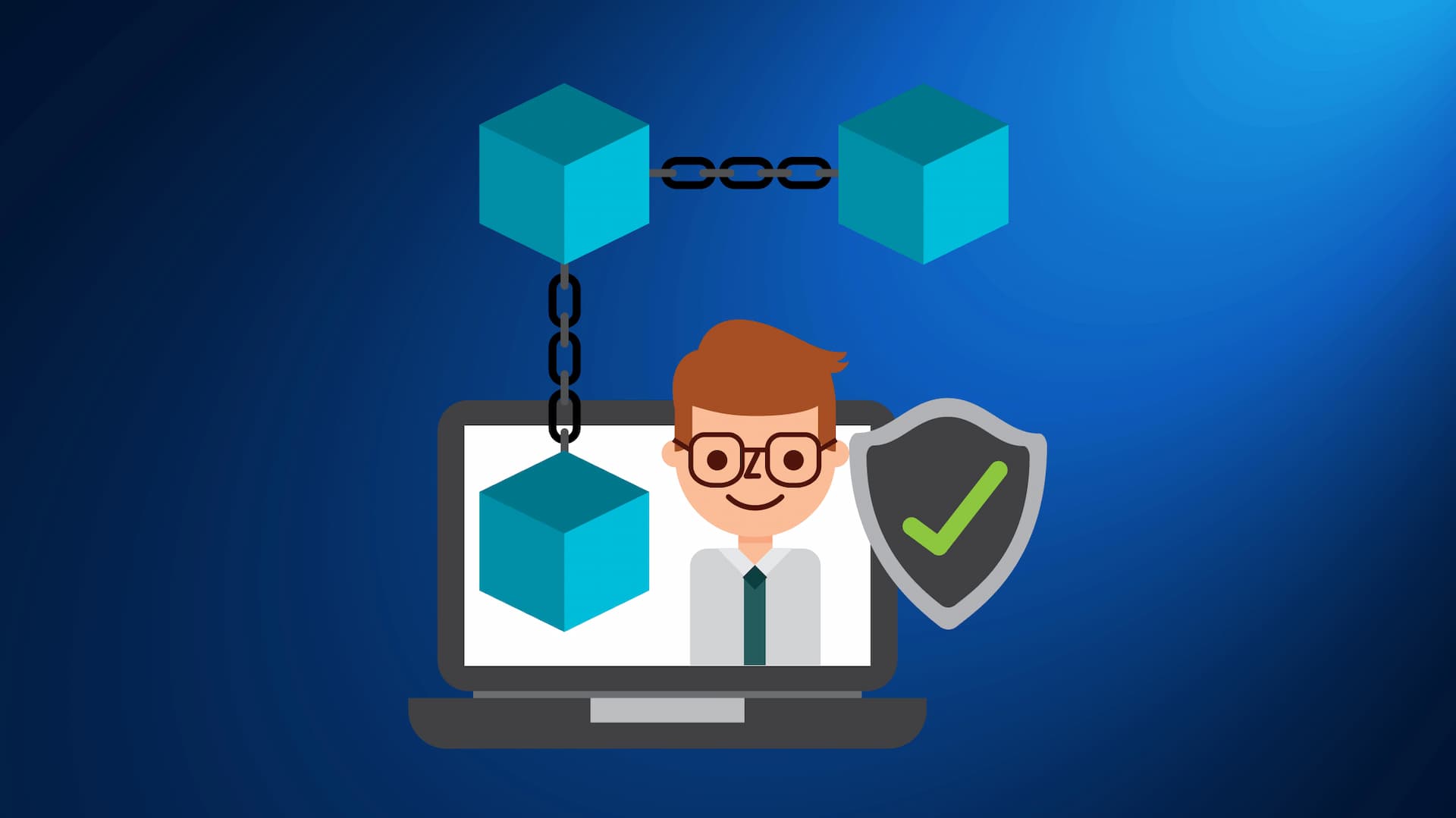
Validators are essential to many blockchain networks' integrity, security, and consensus. They are responsible for validating transactions and securing the network through consensus mechanisms. In this article, we will explain the role of validators in blockchain networks, their importance to the reliability and functionality of these distributed systems, and how they operate within the framework of consensus mechanisms.
What are Validators
Validators are nodes in a blockchain network that verify transactions and maintain the network's security through consensus. Unlike centralized systems, blockchain relies on a decentralized network of validators to achieve consensus. Validators participate in the validation process by confirming the legitimacy of transactions and proposing new blocks to be added to the blockchain.
Consensus Mechanisms
Validators operate within a consensus mechanism, a protocol that determines how nodes agree on the state of the blockchain. Common consensus mechanisms include Proof of Work (PoW), Proof of Stake (PoS), Delegated Proof of Stake (DPoS), and Practical Byzantine Fault Tolerance (PBFT). Each mechanism has its requirements and rules for validators.
1. Proof of Work (PoW): In PoW-based blockchains, validators, known as miners, compete to solve complex mathematical problems. The first one to solve the problem gets the right to add a new block to the blockchain and is rewarded for their efforts. PoW is resource-intensive and often criticized for its environmental impact.
2. Proof of Stake (PoS): PoS relies on validators who are chosen to create new blocks based on the amount of cryptocurrency they hold and are willing to "stake" as collateral. Validators are incentivized to act honestly, as their stakes are at risk. PoS is considered more energy-efficient compared to PoW.
3. Delegated Proof of Stake (DPoS): DPoS is a variation of PoS where coin holders vote to elect a limited number of delegates who become validators. These delegates take turns producing blocks. DPoS aims to improve scalability and efficiency compared to traditional PoW and PoS.
Role of Validators
Validators are an essential component of blockchain networks. Their main responsibilities include transaction validation, block proposal, maintaining consensus, and ensuring blockchain security.
Regarding transaction validation, validators are responsible for verifying that the sender has sufficient funds and that the transaction follows the network's rules.
In consensus mechanisms like Proof of Work (PoW) and Proof of Stake (PoS), validators propose new blocks to be added to the blockchain. This involves compiling a set of transactions and solving cryptographic puzzles (PoW) or being selected based on staked amounts (PoS).
Validators also play a crucial role in maintaining consensus within the network. By agreeing on the validity of transactions and proposed blocks, they ensure that all nodes have a consistent view of the blockchain's state.
Finally, validators contribute to the security of the blockchain by adhering to the consensus rules and preventing malicious activities such as double-spending or unauthorized changes to the blockchain.
Conclusion
In summary, validators are essential to blockchain networks as they provide the trust and security for decentralized systems to function effectively. Their role in validating transactions, proposing new blocks, and maintaining consensus is instrumental in creating a reliable and tamper-resistant distributed ledger. As blockchain technology evolves, validators will remain key in shaping the future of decentralized and transparent digital ecosystems.



